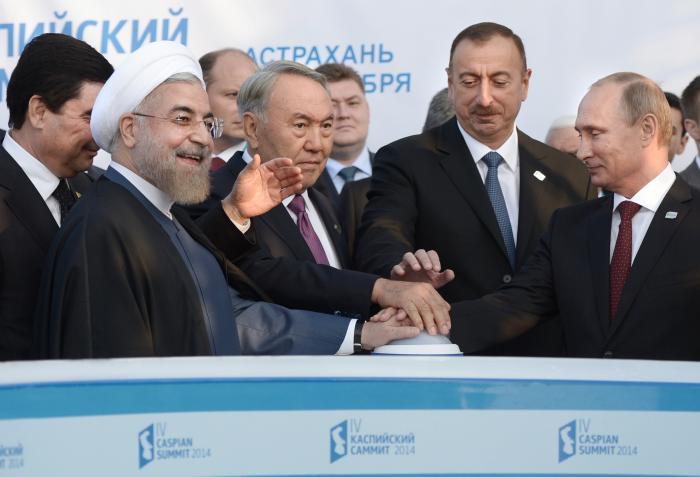by Amir Rapaport
In response to the large transaction, will Israel renew the sale of advanced weapons systems to Ukraine and Georgia – considered to be enemies of Russia? Defense officials estimate such decision might be made. However, the Russian decision is still "fresh" and Israeli moves have not yet been discussed.

To understand the relationship between the transactions between Israel,
Ukraine and Georgia and the recent Russian move, we should go back to
the background of things: Russia was planning to sell Iran the advanced
S300 missiles defense system at the end of the last decade.
The weapon system is considered to have strategic
capabilities. Although the Russians have not offered the Iranians the
most advanced version of the system they possess, it is still an
anti-aircraft system that can hit aircraft even at ranges of 150 km – a
huge challenge for every Air Force, including the Israeli Air Force.
The deal between Russia and Iran was canceled in 2010,
under the pressure of Israel and against the background of global
sanctions imposed on the Iranian regime. In a silent understanding,
Israel has refrained from selling advanced weapons systems to Ukraine
and Georgia, that are both considered enemies of Russia. Regarding
Georgia, the supply of Israeli arms was completely stopped after their
war with the Russians at the end of the last decade (and after Israeli
weapons brought down several Russian helicopters). Regarding Ukraine,
several transactions were on the agenda recently, including the sale of
advanced unmanned aircraft amounting tens of thousands of dollars. These
transactions were frozen based on a demand of the Ministry of Foreign
Affairs, in view of the "delicate" relationship between Israel and
Russia. Now, it is quite possible that the approval for exporting Israel
arms to Ukraine will be granted.
In the meantime, a few notes about the sale of Russian air
defense system to Iran: the deal has not been finalized and Israel
learned about it following a visit of a senior Iranian defense
delegation in Moscow.
It seems that the weapon system to be sold will be a not
advanced version of the S300, nonetheless, any system of this magnitude
will greatly complicate a future Israeli attack in Iran (if decided on
one). The arrival time of the system will be no less than three years
(if there will actually be a deal at the end of the process).
Meanwhile, the deal is seen in Israel mainly as an act of
defiance on behalf of Russia and Iran facing signs of weakness shown by
the West led by US President Barack Obama, who is eager to form an
agreement with the Iranians, as part of the new global game of the
superpowers, in which Israel plays a very minor role. The transaction is
made possible through the legitimacy Iran now receives as a result of
the understanding agreement it has signed, but that's just the
beginning: the whole world starts in pursuit of Iranian money following
the anticipated removal of sanctions, after the signing of a final
status agreement. Iran is going to consolidate its position as a
regional power, under the shadow of a near nuclear threat and under the
umbrella of advanced Russian weapons, just as was feared in Israel.
Amir Rapaport
Source: http://www.israeldefense.co.il/en/content/advanced-weapons-systems-s300-%E2%80%93-russia-iran
Copyright - Original materials copyright (c) by the authors.
No comments:
Post a Comment